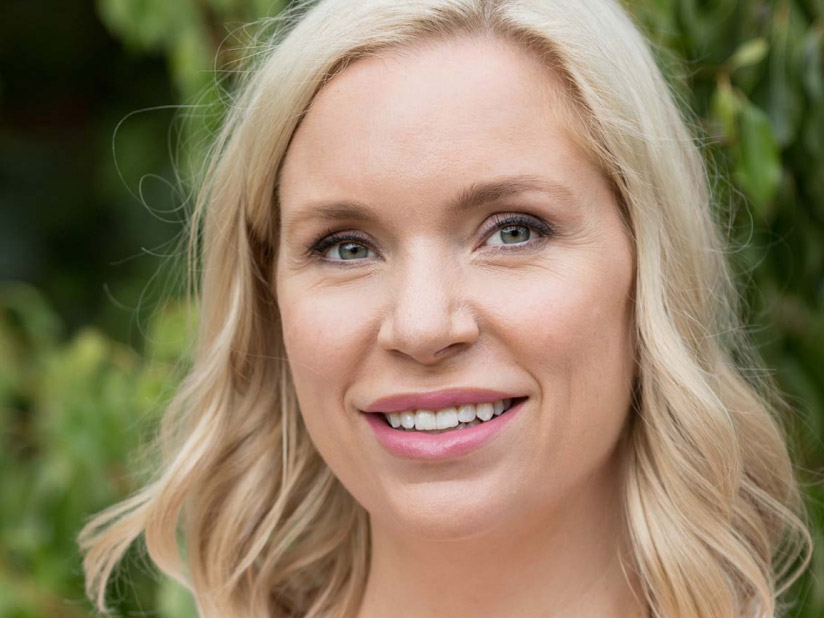How to Prepare for Pregnancy
We know that for many of our subscribers, pregnancy is something that is still a fair way in the future – or not on the table at all! However, for those of you who are considering a pregnancy in the next few months, now is the time to get ready to be as healthy as possible for this massive life event. Some healthy lifestyle changes that are adopted now will have a big impact on the health of your eggs and the health of your baby. Follow these simple steps to get you on track:
Step 1. Find your healthy weight
A BMI of 20-25 is a normal BMI and gives you the best chance at trying to conceive. We know that women who are overweight are more likely to struggle with getting pregnant. Women that are overweight also have a higher rate of miscarriage and other problems such as gestational diabetes and high blood pressure during pregnancy as well as higher rates of Caesarean Section. Losing weight during pregnancy is not recommended so its best to do this prior to getting pregnant if needed. Being underweight can also make you less likely to have regular periods or ovulate so a normal BMI is best!
Step 2. Boost your nutrition
Consume a diet rich in bright fruit and vegetables and lots of lean protein such as fish (salmon and tuna are great), meat, chicken, eggs, beans and legumes. Add some good oils in your diet such as walnuts, avocado, olive oil. Leafy green vegetables are high in folate, B vitamins, antioxidants and magnesium which assist in the health of your eggs and improve fertility.
Step 3. Take a folate and Iodine supplement
Most people know to take a folate supplement (400mcg) prior to conceiving but did you know that Iodine supplementation (150mcg) is also recommended? Any of the prenatal multivitamins on the market are fine (make sure you read the label to see if one or two tablets daily are needed) and you should be taking this at least 4 weeks prior to trying to conceive and up until 12 weeks of pregnancy. Foods high in folate include fortified breakfast cereals, liver, green leafy vegetables, broccoli, peas, rice, avocado, and fruit such as oranges.
Step 4. See you GP prior to trying to conceive
There are several pre pregnancy blood tests which are recommended including checking things like your thyroid function, iron levels, immunity to chicken pox and rubella which your GP can perform. They will also check you are up to date with your PAP smear/Cervical Screening Test (CST) and make sure you aren’t taking any medications which can be harmful for a pregnancy. They will also check that your Blood Pressure is normal and that there aren’t any medical problems which need to be sorted prior to trying for a pregnancy. There are some new genetic carrier screening tests to see if you are a carrier for genetic conditions such as Cystic Fibrosis which are now recommended to be offered to all women planning a pregnancy as per the RANZCOG (Royal Australian and New Zealand College of Obstetricians and Gynaecologists).
Step 5. Things to avoid
Limit caffeine/coffee to <2 cups per day as this has been shown to reduce fertility rates if consumed in higher amounts. It is also important to stop smoking and avoid alcohol when trying for a pregnancy as these can be harmful.
Step 6. Exercise!
Moderate intensity exercise (getting a bit puffy) helps improve fertility especially in women who are overweight. It is recommended to engage in moderate intensity exercise at least 5 times per week.
Step 7. Make sure your partner is healthy too!
Smoking, excessive alcohol consumption, being overweight and poor diet can affect the quality of sperm and therefore male fertility.
References:
https://www.ranzcog.edu.au/Womens-Health/Patient-Information-Resources/Planning-for-Pregnancy
https://www.ranzcog.edu.au/RANZCOG_SITE/media/RANZCOG-MEDIA/Women%27s%20Health/Statement%20and%20guidelines/Clinical-Obstetrics/Genetic-carrier-screening(C-Obs-63)New-March-2019_1.pdf?ext=.pdf
Hayman M, Brown W. Exercise in pregnancy and the postpartum period. Victoria: Sports Medicine Australia, 2016
https://www1.racgp.org.au/ajgp/2018/july/preconception-care/
You might also like

- Blog
- KICBUMP
I can’t begin to describe how incredible my pregnancy journey was. The whole experience was magical and I am genuinely so blown away by what the female body is capable of – like, there was a human being growing in me, my little Harvey is half me and half Josh – how incredible is that?! […]

- Blog
- HEALTH
Buckle up girls, we’re about to blow you away with some awesome facts about periods! We hope this post will help you better understand your body and how you can expect to feel throughout your monthly cycle.

- Blog
- KICBUMP
“I had a miscarriage” – something that I never thought I was going to hear come out of my mouth.



